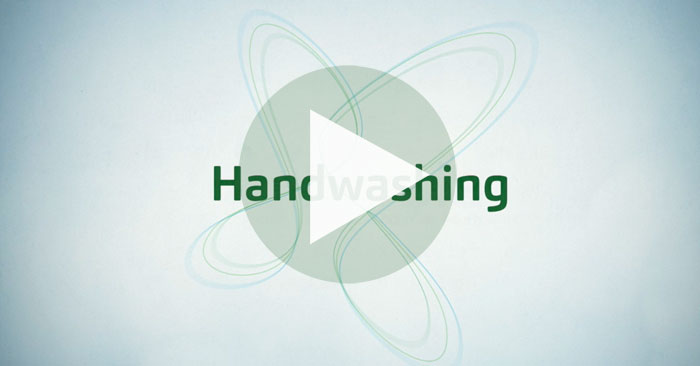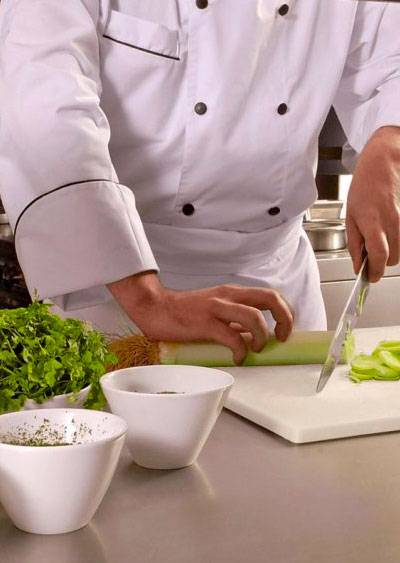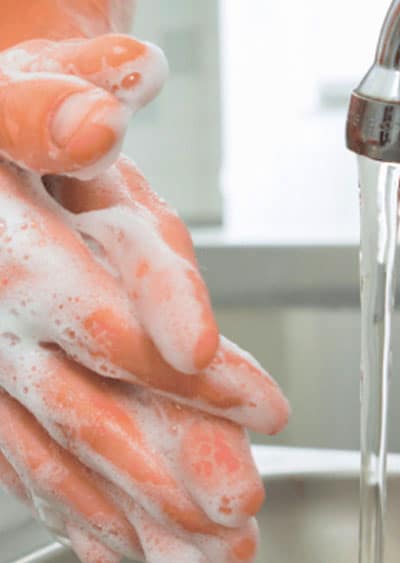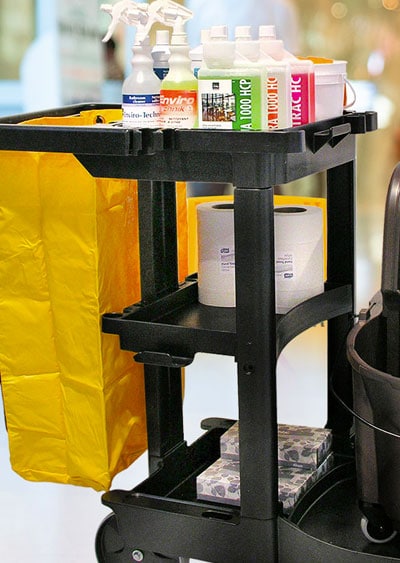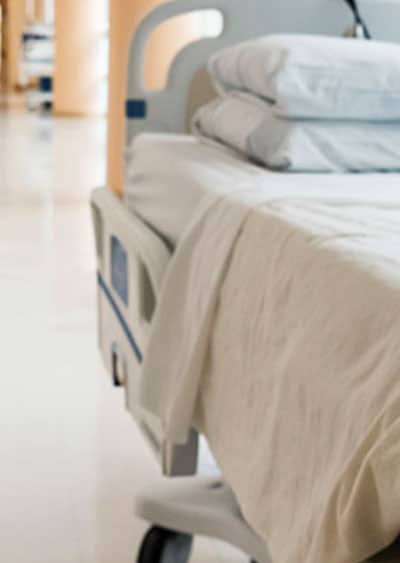This page provides advice on how food businesses can reopen and adapt to operate safely during the COVID-19 pandemic. In accordance with the broader advice of the government, you must ensure that the risk assessment for your business considers the risks associated with COVID-19. You could use the government’s social distancing guidelines to inform your decisions and controls. You could also consider the impact this has on your current food safety management systems.

Tools and resources to help you manage your Food Safety and Hygiene Management Systems
- A range of Posters and Signs are available to download at the bottom of this page.
- Food Service surface and environmental cleaning products can be found by following this link or downloading the Coronavirus Guide brochure.
- Best hygiene practices are available in the posters/guide by market or range at the bottom of this ticket.
Staff training
By law, food operators are required to ensure that food handlers receive appropriate food hygiene supervision and training. Staff training should be consistent with the area in which they work and will allow them to handle food most safely.
You need to reconsider the training needs of your staff, including any changes such as those made to procedures, recipes and other hygiene measures. Choisy/Kersia offers a range of video capsules to complete face-to-face training.
Cleaning of premises and equipment
You must completely clean and disinfect your premises and food equipment before resuming your operations. If a thorough cleaning is required, Choisy/Kersia Canada provides advice and resources on effective cleaning in your business. You can access all our free resources at the bottom of this page.
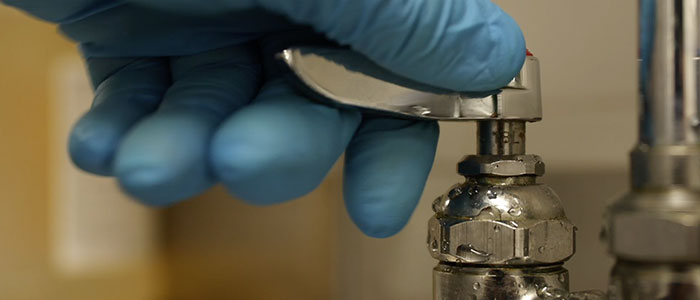
Touch point cleaning (Service and storage areas)
Touch point cleaning should include ensuring that objects and surfaces that are regularly affected are frequently cleaned and disinfected with proven antiviral cleaning products. Printable posters can be used as a simple reminder to staff about areas that need to be cleaned and disinfected regularly. We recommend the use of a disinfectant detergent applied either by spraying and disposable fabric or by impregnated wipes. Health Canada advises food companies to use disinfectants on the list of disinfectants that have been proven to effective against COVID-19. The Choisy/Kersia Canada disinfection product line is on this list; you just have to type “Choisy” in the filter.
Stock control
Food companies should ensure that all ingredients or raw materials that have exceeded their date of use are disposed of appropriately. You should also inspect stocks for damage and signs of rodent infestation and check temperature control records if necessary. You should not use ingredients or raw materials when the packaging integrity is not intact or when you are unsure whether adequate temperature control has been maintained.
Availability of raw materials and ingredients
You should check that you can obtain your usual raw materials and ingredients to meet your product specifications. Ensure any new suppliers or contractors meet your requirements.
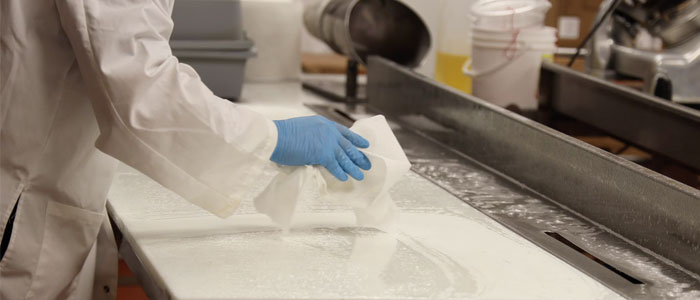
Availability of consumables
You should check that you have adequate stocks of suitable cleaning chemicals and that they are in-date. This also applies to other essential consumable items, such as disposable gloves.
Allergen management
You should check labelling is still available for allergens and that matrices are up to date. If your suppliers or ingredients have changed, you will need to review your processes.
Relabelling
If due to business closure, you decided to freeze products you would normally store, you should check the labelling. You should ensure that you are able to use the food safely, considering product durability (once defrosted) and allergen management.
Personal Protective Equipment (PPE)
The use of personal protective equipment (PPE) in the food industry may be for the protection of workers, and if necessary, to prevent food contamination during production. The current situation should not change these requirements.
- You must continue to ensure that the use of PPE is set out in your food safety management program and consistent with your current occupational health and safety policies.
- You should stress the importance of more frequent hand washing and maintaining good hygiene practices in food preparation and handling areas.
Face masks
There may be situations where you provide face masks to protect high-risk foods or where workers are exposed to airborne risks. If so, you should continue to follow your current policies on the use of face masks. Follow your established procedures for use of PPE in the working environment. You should also consider social distancing guidance.
Face coverings
Where your staff choose to wear face coverings, either to travel to work or in the workplace, you should put procedures in place for hygienic use, handling and storage or disposal of face coverings. Inappropriate use and handling could present a risk to food hygiene and safety.
Social distancing
It will not always be possible to keep a distance of 2 metres. In these circumstances, both employers and employees must do everything they reasonably can to reduce risk.
Posters and signs
Signs and procedure posters are available for download to help your business.
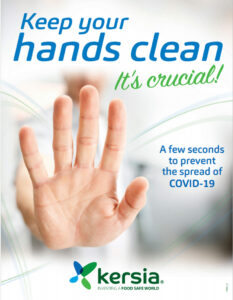 |
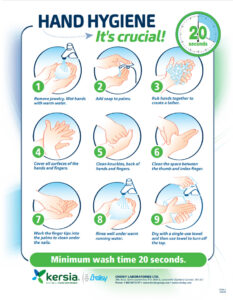 |
Discover our different product ranges for the Food and Beverage Industry as well as our restaurant hygiene guide:
